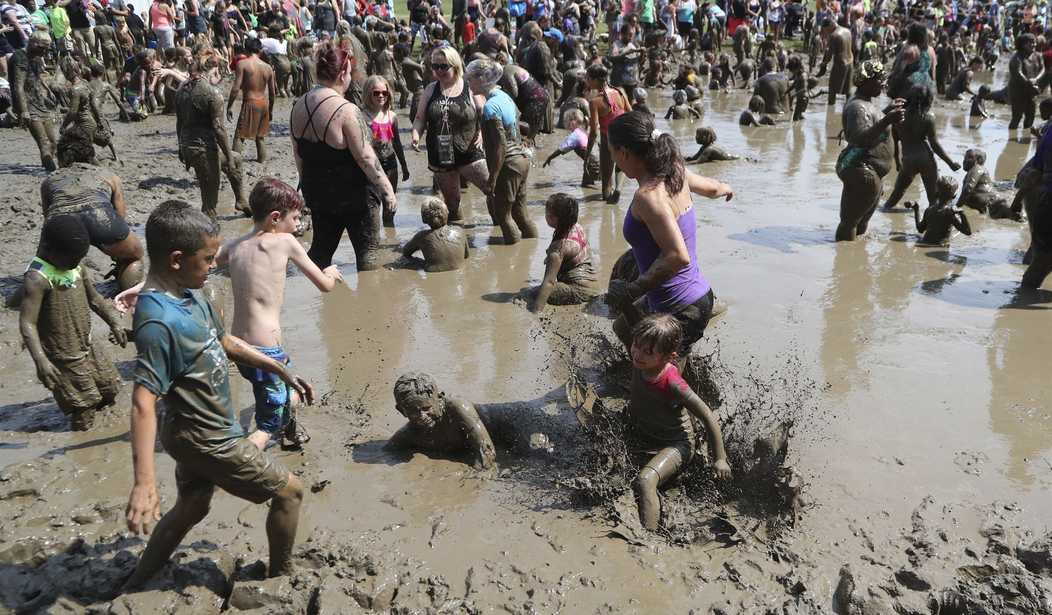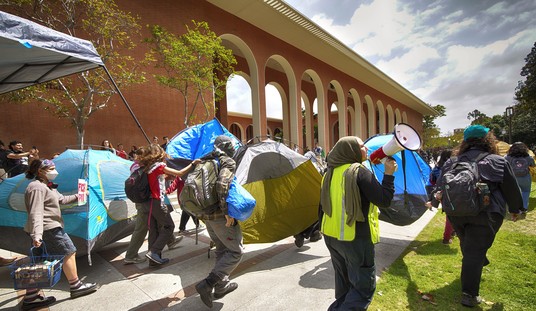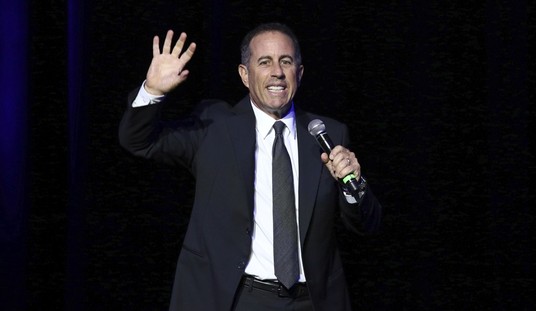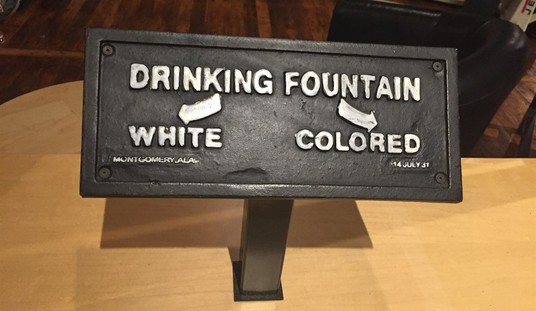Children have been political pawns for as long as there have been politics, in one way or another. But in recent history, in an odd display of social neoteny, kids seem to be staying kids longer than ever.
Throughout much of history you reached adulthood somewhere between your mid-teens and 21. Societies made these determinations based not on precise metrics or exact assessments of adultness, but rough estimates of when most people presumably had attained other milestones. Had you reached puberty? Were you, if male, physically developed enough to die fighting for your king?
There were sometimes loopholes for royalty and aristocrats because what country doesn’t benefit from an inbred child monarch from time to time? And Rome being Rome also factored in an estimate of when you were probably capable of understanding whether you were acting within the law.
But, for the most part, if you were at an age where you and most of your peers had gotten through puberty and were physically developed enough for battle, in most places you had reached the age of majority. Congratulations!
…More recently though, it has become rather fashionable for the sophisticated people to shake their heads at this backwards notion that young adults in their late-teens or early 20s be permitted to engage in activities usually reserved for grownups. The smart people know 21 is too young to make serious choices about how you wish to live. The educated people understand 18 isn’t old enough for you to behave responsibly without one of the big people looking over your shoulder. The rental car companies have known this for years: they only rent to 25 and older.
And that’s the kind of thinking that has us where we are today. When, precisely, is a young American person an adult?
In most states, children can work at paid farm labor at 14. (I sure did.) Likewise, in most states, you can operate a motor vehicle and work at a job at 16. But you have to be 18 to vote, to join the military, to sign a contract, or to buy a rifle or shotgun (in federal law; some localities now have this at 21). You have to be 21 to drink a beer or buy a handgun. Now some gun-control advocates are agitating to raise the age for all gun purchases, and one presidential candidate is talking about raising the voting age to 25, with a few exceptions. Children are sort-of-children throughout this age range, not-really-children but not-really-adults.
This is well beyond ridiculous.
Private companies (like rental car companies) can do what they like. But in matters where government is concerned, there needs to be an age at which a young person is an adult. One age. For everything. The day before that birthday, you are a minor. On that birthday and henceforth, that young person is an adult with all the rights, benefits, and privileges thereof. It doesn’t really matter what that age is, although somewhere between 18 and 21 seems to make sense. But that doesn’t really matter, so long as it is one age that applies to everything. But the “graduated age of majority” nonsense has to stop. After all, if a young person between the ages of 18 and 21 isn’t responsible or developed enough to drink a beer or buy a gun, why the heck do we let them vote?
Perhaps by turning to science to tell us the exact age at which someone no longer must be protected from making their own decisions, we are further exacerbating a vicious cycle in which our society has already trapped its youth.
By attempting to cocoon both adolescents and young adults to protect them from bad choices, responsibility, and real-world consequences for their decisions until they reach a scientifically defined age at which they can enter the world fully mature and unsupervised, we will in fact be protracting their immaturity and delaying their development into the responsible adults we are waiting for them to become.
That’s a real societal problem. Just listen to a group of college students talking about the issues of the day if you want an example. It wasn’t always that way; in fact, it’s been less than a century. Case in point: My mother graduated high school in 1944 at 16. There were twelve kids in her class, eight boys and four girls. Mom went to work at a Western Union switchboard, and part of her duty was calling local farm families and telling them they had a telegram from the War Department.
Those telegrams were never good news. And four of them were really bad for Mom’s class, as by one year after their graduation, four of the eight boys were dead, two in Europe and two in the Pacific.
We used to expect children to grow up. We should start expecting that again, and a part of that is picking an age – one age – for majority.














Join the conversation as a VIP Member